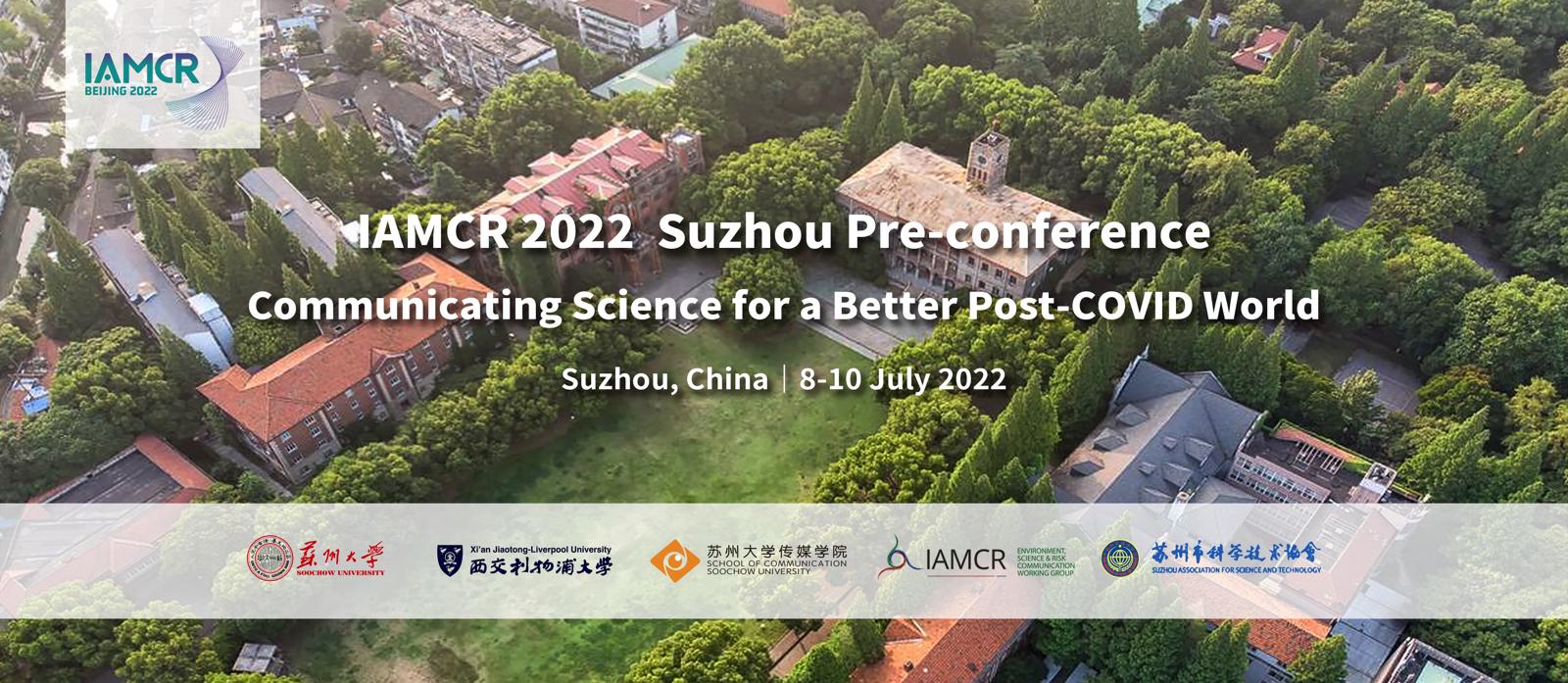Climate change is one of the most salient issues and substantial challenges being faced by the world today. Climate change has caused many environmental deterioration problems such as pollution, resource depletion, and loss of biodiversity. This global environmental crisis requests all humans to act immediately to reduce the negative consequences of climate change.
Among the various environmental problems, plastic pollution in the marine environment is regarded as a severe anthropogenetic issue in the coastal regions, as residents are experiencing increasing contact with marine debris, water contaminants, and invasive species. Plastic pollution in the ocean negatively affects humans and harms marine animals. Human waste such as plastic bags and bottles is often digested by many marine animals such as sea turtles and fish, which negatively affects their health. The unprecedented growth of plastic contaminants into the ocean interrupts the aquatic ecosystem and may ultimately lead to biodiversity loss and extinction of many endangered marine species. Environmental organizations suggest that an effective way to protect marine animals and sustain ocean biodiversity is to reduce and reuse plastic bags.
Communication can play a role in shaping individuals' attitudes regarding climate change and can influence individuals' mitigation behaviors. Scholars suggested that using emotional appeals would facilitate the public's mitigation behavior. Using messages that are designed to elicit feelings of empathy might encourage audiences to better understand others' suffering from climate change and lead to pro-environmental behavioral intentions. Empathy is an other-orientated moral emotion that involves the ability to recognize and understand another person's feelings from that person's perspective. One way to elicit empathy would be by asking audiences to take the perspective of suffering others (e.g., imagine being a hungry sea turtle). Empathy can also lead to feelings of guilt toward vulnerable others, such as marine animals, facilitating audiences' helping behaviors such as acting pro-environmentally to protect the animals. Therefore, this study aimed to examine the effects of messages that attempt to elicit empathy on feelings of guilt and ultimately pro-environmental behavioral intentions toward protecting marine animals, such as recycling and reusing plastic bags.
The study used an online experimental design. Participants featured a college student sample from a large university in the southern United States. The manipulation variable was message condition: perspective-taking vs. non-perspective taking. The perspective condition featured a picture of hunger sea turtle and dolphin mistake floating plastic bags as food, followed by a paragraph that encourages readers to imagine being the suffering animals. Non-perspective taking condition featured the same image but was followed by a paragraph that only stated the facts that marine animals often mistake plastics bags for food and eating plastics bags can kill them.
The study found that messages that encouraged viewers to take the perspective of the suffering animals elicited empathy and then led to feelings of guilt, which ultimately promoted viewers' pro-environmental intentions to reduce and reuse plastics bag. The study's findings provide helpful guidance for message designers to construct effective climate change mitigation and pro-environmental advocacy messages.

 京公网安备 11010802039275号
京公网安备 11010802039275号